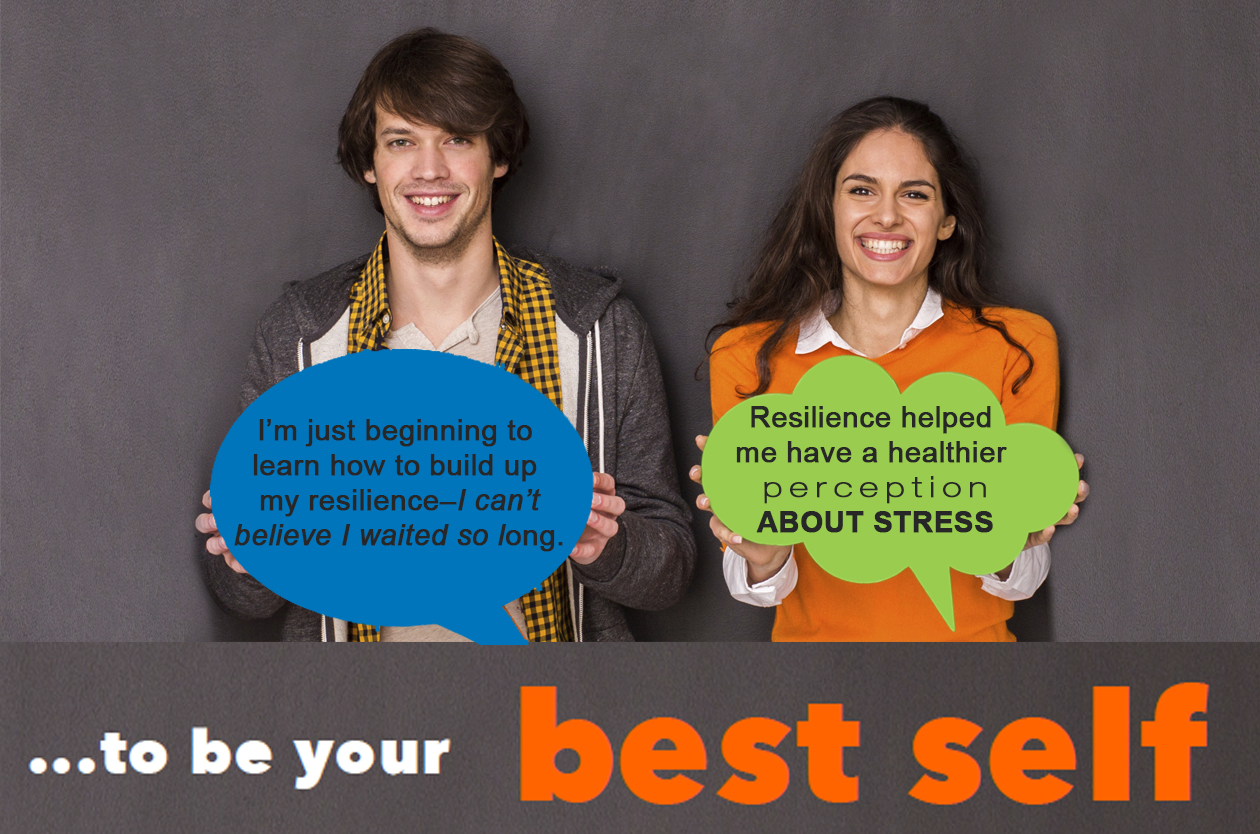
THE UPSIDE and DOWNSIDE of STRESS.
While I was considering how to welcome you and introduce myself, I began to reflect
to welcome you and introduce myself, I began to reflect on when I first discovered my own need to reduce the impact stress was having on me. mochila arena spiky 2 large backpack 2017 mochila hang loose hawaiian preto generator installation near me generator cv po angielsku bermuda de ginastica com bolso generator installation near me mochila escolar feminina transparente como colocar cordao em mochila saco imagem de mochila mochilas escolares goiania como vender mochilas kit mochila e lancheira tilibra mochila unicornio forever 21 generator logo mochila hang loose hawaiian preto Having no knowledge or training in how to deal with stress, like most people, I just thought of stress as being bad. I blamed my stress on all the hard stuff in my life. So, I focused all my energy on trying to make my circumstances better, thinking that if I could get rid of the hard stuff, I’d eliminate stress. But no matter how hard I tried, nothing worked. It got to the point where stress was affecting things like my mental health, my relationships, and my work performance. I was becoming less tolerant and more irritable over the smallest things and, eventually, starting experiencing anxiety. I was becoming desperate. Looking back, this state of desperation became the catalyst that motivated me to reach out for help. It was the beginning of an important process for me.
Stress-Free Fantasies:
Many people daydream about living a life absent from stress. I know I once did. But the reality is that stress walks beside us every moment of our lives. Yes, stress takes the occasional nap, but, like an eager-to-play toddler, it eventually awakens. One of the great ironies is that a stress-free life is incompatible with living. Still, it is possible to reduce the spike in pain that comes from stress. While I was struggling with stress, I learned two fundamentals principles:
#1 STRESS HAS AN UPSIDE: Kelly McGonigal, and a team of stress experts at Stanford University, propose that, although we know unhealthy levels of stress can make us vulnerable to illness and relationship fractures, we fail to recognize that — in the right doses — stress can help us. McGonigal suggests that if we change our perception of a stressful event, we will not only reduce the pain that stress produces, but we’ll also become more effective and boost our physical and psychological performance.
#2 RESILIENCE REDUCES STRESS: Resilience refers to our capacity to deal with hard stuff when it comes to us. We all know people who seem to keep their cool in hard times. The only difference between them and others is that they have greater resilience. The more resilience we have, the better able we are to avoid becoming overwhelmed and debilitated by the hard stress. So, build your resilience to reduce the impact of stress.
The Possibility of your succeeding at reducing unhealthy levels of stress depends on two key factors:
#1 Your readiness to change
#2 Whether you receive training and support to develop the new skills you need.
In the last decade, data collected from several thousand people, who have taken The Resilient Mind Program, show that almost any person — regardless of their situation — can learn how to reduce the impact that stress has on them…if they are ready to change and if they have the training. Our team is committed to providing you with the training and support using the most advanced research on managing stress, and when you couple this with your own readiness to change, you can be confident of success. Read on to discover what readiness to change consists off.
Sincerely
* Your Naked Trainer and the clinical team at Health-Factors
* What’s a Naked Trainer?
Throughout history the greatest influencers have had a common trait: they experienced both great pain and success. The term Naked Trainer comes from Kim’s life experiences of hardship and success and his ability to articulate them through his vulnerability. Our team at Health Masters is confident that Kim’s 30 years in working to help people overcome hardship will help reduce the impact of stress in your life.
A Readiness to Change Evokes a Growth Mindset
In the last decade, the frontiers of brain science have been making significant claims about peoples’ ability to change their beliefs and psychological functions that are at the root of stress. Prior to this, a widespread societal belief was held that our brains were mostly hard-wired and, like the color of our eyes, unable to change. The research of Dr. Norman Doidge, published in his book “The Brain That Changes Itself,” provides empirical evidence for how people are succeeding at reversing the effects of stress, mental illness, addiction and other challenges.
Building resilience within our psychology has many similarities to weight loss. If you eat the right food in proper portions, combined with a small amount of exercise, the body’s response mechanism reacts and, presto, weight loss occurs. Changing our psychological functions is typical to weight loss. If we commit to a process of training and support, success can be achieved. The biggest obstacle for any process of change is the commitment.
When our team began to study data from people who were succeeding at overcoming the negative effects of stress, we discovered a key factor, in these people, was a readiness to change which created what experts called a Growth Mindset.
Click here for the next blog to learn more about “The Power Of The Mindset“.






